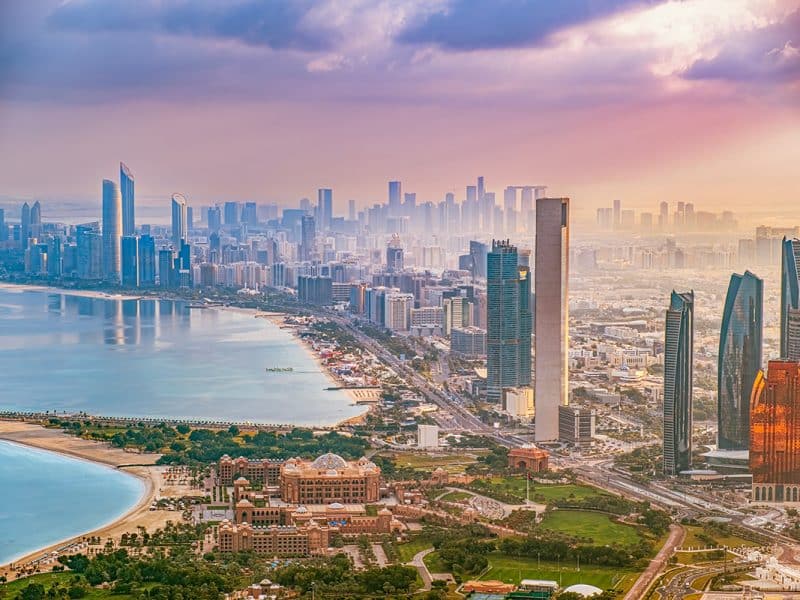Dubai leads the 25-city forecast for 2023 with price growth expected to reach 13.5 percent. Across the cities traced the price prices were expected to rise by 2 percent on average in 2023, according to a report by Knight Frank.
Cities of Miami and Los Angeles occupy the second and third spot after Dubai, however, the forecast rate has dropped in the past six months as recessionary fears get stronger. Fixed mortgage rates in the US has exceeded 7 percent and a mansion tax is being considered in Los Angeles for homes priced above $5 million.
Residential values in Dubai’s prime markets which include the areas of Palm Jumeirah, Emirates Hills and Jumeirah Bay Island strengthen with a growth rate of 29 percent in the third quarter of 2022.
According to the report, the price rises can be attributed to a shortage of new supply and string inflows of ultra-high-net-worth individuals (UHNWI) who are targeting second homes in Dubai.
Among the most popular cities to purchase a home, Dubai ranks in the top three and is most popular with HNWIs based in the Chinese mainland, placing just after London and New York.
Since the start of the pandemic, Palm Jumeriah has registered price prime growth in excess of 100 percent while prime residential prices across Dubai’s other top areas increased by 89 percent in the last year. Prices start from a low base, according to the report, which makes Dubai one of the most ‘affordable’ luxury residential markets in the world.
Ultra-prime properties, homes priced over $10 million have seen a record year in 2022. 152 ultra-prime sales were agreed in the first nine months of 2022. Palm Jumeirah remains the most affordable in terms of average transacted price as compared to Emirates Hills and Jumeirah Bay Island.
Despite strong demand, developers are not delivering new projects at the fast rate that was observed previously.
The report reveals that the overriding challenge for the emirate is the shortage of waterfront homes as demand for waterfront properties are seeing a rise.

Cash purchases are also observed to be on a rise currently accounting for over 80 percent of total transaction value, with cash purchases dominating Dubai’s luxury residential market it is unlikely to see demand decrease.
The report however has highlighted risks that Dubai can face as it is a world city and vulnerable to global macroeconomic conditions, to an extent.
Dubai is emerging as a safe haven destination due to increasing global economic uncertainty.
With the US dollar strengthening over the last six months, the UAE dirham’s fixed peg to the dollar may impact Dubai’s relative affordability for buyers from markets such as the UK and EU.







